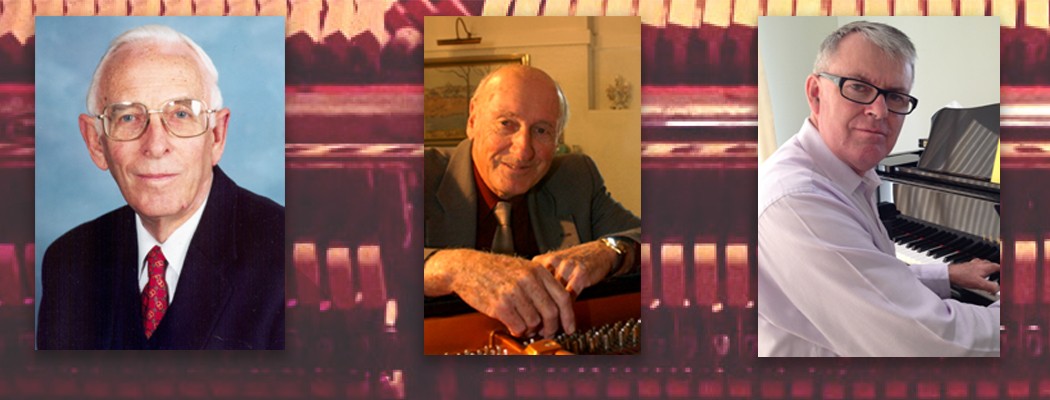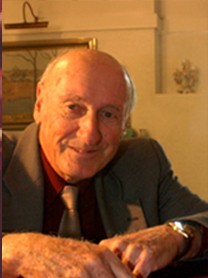
Max Cooke
After leaving school, and after one year at the Conservatorium, Max spent four years in the RAAF during the war. At war’s end, he returned to complete the Bachelor of Music at the University, and with what must have been a natural facility, played impressive works including Brahms Concerto No 2 with Heinze and the MSO, and Rachmaninoff No 3 with John Bishop and the University Orchestra. Max then spent two years studying with Alfred Cortot in Paris. All this time, he could impress people with his brilliance, but he knew that he lacked the subtleties and control of tone, that he needed to play Mozart.
After Paris, Max was appointed to the staff of the University Conservatorium teaching outstanding students and he realised that he yearned to discover more of the secrets of piano technique. Max attended classes given by leading pianists in Australia and overseas and read every book that he could find on piano playing. He particularly studied the scientific factors of piano performance from its physical aspects to the physiological aspects of the body. Working on these latter aspects with medical specialists led him to establish the Music Therapy course when he was later Dean of the Faculty of Music, and it also placed him in the position to help students to avoid stresses and strains so that they would be less likely to suffer from repetitive-strain injury.
Alongside all of this, Max’s main interest was to discover a piano technique that would allow him and his students to produce the most beautiful and varied tonal colours possible from the piano. He applied these techniques in teaching his students, and also took classes at the University in training teachers. It was in one of these classes, the Art of Teaching, that he evolved the idea of producing a book which offered exercises, not just practised without understanding the underlying purpose, but with clear explanations. These exercises have to be applied at once in music, so there are pieces in which the results can immediately be observed. This book – TONE, TOUCH AND TECHNIQUE FOR THE YOUNG PIANIST – should be played in its entirety, because each exercise and study has its own value, and the technique provides the feeling of naturalness as we proceed through the book.
This first book was so successful, that Max was persuaded by Darryl Coote to write a sequel, this time – TONE, TOUCH AND TECHNIQUE FOR THE ADVANCED PIANIST – which is also very successful.
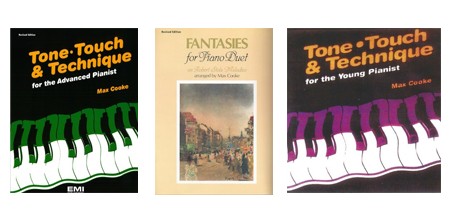
[separator type=”thin”]
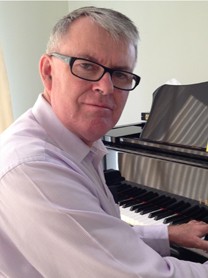
Roderick MacFarlane
One of the most challenging aspects of Piano Teaching is keeping the students motivated. Over 25 years my wife, Nola and I have found by introducing many styles and genres of music, students who struggle to maintain a passion for the great composers of old, are not lost to the study of piano. This was one of the reasons behind writing my Piano Fun series, that being, to keep the interest of that student. It not only broadens the ability of a student to play various styles but maintains their enthusiasm and as a result the drop-out rate in our studio is next to zero.
Piano Fun for Beginners Book 1 and 2
Behind the gradual focussed approach to consolidate important musical concepts is a strong emphasis on fun. It is easy to motivate students with the Piano Fun Series. The students love the cartoons and lyrics in the beginner series and don’t realise how quickly they are learning due to the fun approach. It is great to have an Australian flavour right from the beginning.
One of the most challenging aspects of Piano Teaching is keeping the students motivated
Piano Fun Book 1
Includes jazz, classical, ragtime and blues styles all graded by AMEB examiner Frank Taranto – grades 1 to 6.
Piano Fun Book 2
Contains 25 easy pieces (mainly grades 1, 2 and 3) with a variety of modern rhythms students can relate to and love to play. Quirky, repetitive bass formations support the melodic line in a way which encourages rhythmically taut and well defined playing. We find these pieces very motivating as they sound much more difficult than they are –and that is what we all want!!
Piano Fun Book 3
Full of pieces that teenagers love to play. They love the variations on Three Blind Mice and Mad Mary with various bass lines including the excellent Left Hand workout – the boogie bass. Cheering up the Blues is another favourite.
Roderick MacFarlane is a composer, piano teacher, adjudicator and occasional presenter of workshops and masterclasses.
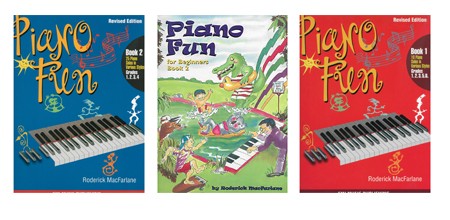
[separator type=”thin”]
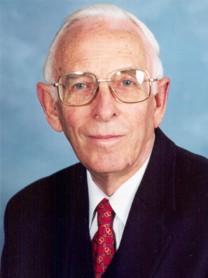
Warren Thompson
Awarded the Order of Australia Medal in 1987 for services to music, Warren Thomson was Educated at Wesley College, Melbourne and the University of Melbourne. Warren has had an active career in conducting, performing, broadcasting and lecturing. He has undertaken numerous overseas study tours to investigate music education in Europe, Japan, South America, USA, Hungary, Poland and the former Soviet Union. He has adjudicated at all the major eisteddfods in Australia and has been on international juries.
Warren has organised and conducted workshops for music teachers and students throughout NSW since 1976, and co-ordinated over three hundred and fifty In-Service Courses for teachers at Sydney Conservatorium. Has performed over 1200 new piano works for teachers and given frequent broadcasts on piano teaching, as well as Lecture-Demonstrations and Master Classes in USA, Ukraine, P.R.China, Hong Kong and Singapore.
Warren has been involved with over 80 publications and recordings which include: the first Australian URTEXT editions of Bach Preludes and Fugues Book 1&2, Young Pianist Introduction to Sonatinas, and Tchaikovsky’s The Seasons.
